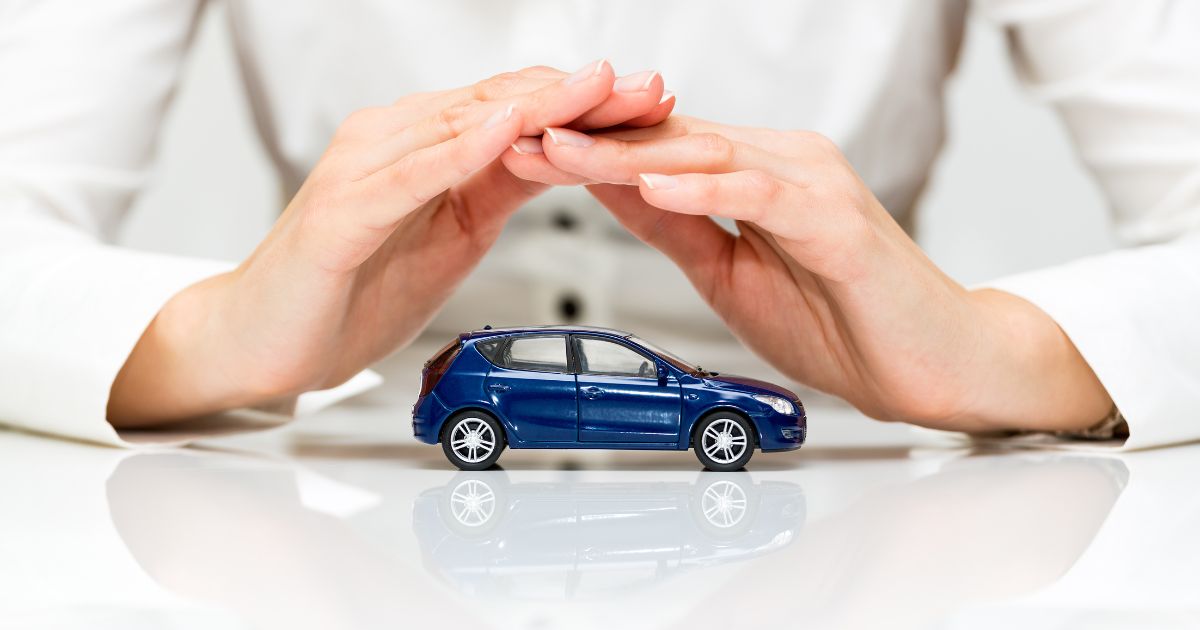If you are injured or your vehicle is damaged in a car accident, your auto insurance may cover the costs associated with the crash, depending on the type of coverage you have. There are a wide range of options when it comes to auto insurance, and it is important to have a general understanding of the coverage options that are available so that you can choose the one that meets your specific needs. While there are some types of auto insurance that are legally required in Virginia, others are options and provide added protection.
Auto insurance is meant to provide financial compensation in the event that you are injured or your vehicle is damaged in a car accident. The following are examples of the most common types of auto insurance:
Liability Coverage
This type of coverage is mandatory in most states, including Virginia. Motorists must purchase the minimum amount required by state law. Liability coverage includes the following two components:
- Bodily injury liability: This helps pay for the costs associated with another person’s injuries if you are at fault for causing an accident.
- Property damage liability: This helps pay for any property damage that you caused to another motorist’s vehicle.
Uninsured or Underinsured Motorist Coverage
If you were involved in a car accident, and the other driver was at fault, this type of coverage may provide financial compensation if the other driver is uninsured or only has a minimum amount of liability coverage. The following are examples of the types of coverage that may be required:
- Uninsured motorist bodily injury coverage (UMBI): Pays for medical expenses caused by an uninsured driver.
- Uninsured motorist property damage coverage (UMPD): Pays for repair expenses caused by an uninsured driver.
- Underinsured motorist bodily injury coverage (UIMBI): Pays for medical expenses that cost more than the at-fault driver’s bodily injury liability limits.
- Underinsured motorist property damage coverage (UIMPD): Pays for repair expenses that cost more than the at-fault driver’s property damage liability limits.
Comprehensive Coverage
If your vehicle is damaged by severe weather like fire or hail, or your vehicle was vandalized or stolen, this type of coverage may help repair or replace your vehicle. You will have to pay a deductible before the insurance company reimburses you for a covered claim. This coverage is optional, but it may be required by a lender if you are leasing or paying off the car.
Collision Coverage
This type of coverage may provide financial compensation if you are involved in a car accident with another vehicle or you hit a tree, telephone pole, or other object. Depending on your coverage, this may cover the cash value of repairing or replacing the vehicle minus your deductible. Like comprehensive coverage, this may be required if you are leasing or paying off your vehicle.
Medical Payments Coverage
If you or any passengers in the vehicle are insured in a car accident, this coverage may help cover the medical expenses associated with the injuries, including hospital visits, surgeries, X-rays, and prescription medications.
Personal Injury Protection (PIP)
While not required in Virginia, insurance companies are required to offer this type of coverage as an optional addition to your liability insurance coverage. It is similar to medical payment coverage in that it may help pay for medical expenses following a car accident. However, PIP covers additional expenses associated with your injuries, including lost income and childcare expenses.
Gap Insurance
Often, the value of a new car will decrease faster than the loan balance. If you total a new car that has not yet been paid off, gap insurance will cover the difference between what the car is worth, which would be covered by comprehensive or collision insurance, and the balance of your loan. Gap insurance is required if you are leasing your vehicle.
New Car Replacement Coverage
This type of coverage will pay to replace your vehicle with a new car that is the same make and model of the one that was totaled or stolen.
Rental Reimbursement Coverage
This type of insurance pays for a rental vehicle while your car is in the shop for a repair that is covered under your insurance claim.
Towing and Labor Cost Coverage
If you are stranded on the side of the road, this covers the costs of towing your vehicle, battery replacement, lockout service, and fuel.
Ridesharing Coverage
If you work for a ridesharing service like Uber or Lyft, this type of insurance may cover the gap between your auto insurance and the coverage provided by Uber or Lyft.
What if I Am Partly to Blame for Causing an Accident?
Virginia is a fault-based insurance state, which means that you can file a personal injury lawsuit against the at-fault driver. If you are able to prove that the other motorist was negligent, you can recover damages, including medical expenses, lost wages, property damage, pain and suffering, and reduced quality of life. However, Virginia also follows strict contributory negligence rules, which state that you will be unable to recover any damages if you are found to be even partially responsible for causing the accident. An experienced car accident lawyer will discuss the details of your case, determine who is responsible for causing the accident, and assist you with the claims process.
The Virginia Beach Car Accident Lawyers at Anchor Legal Group, PLLC Assist Clients with Claims
If you have been injured in a car accident and have questions or concerns about your insurance, contact the Virginia Beach car accident lawyers at Anchor Legal Group, PLLC. To schedule a free, confidential consultation, call us today at 757-LAW-0000 or contact us online. Located in Virginia Beach, we serve clients in Chesapeake, Norfolk, Suffolk, Portsmouth, Newport News, Hampton, Williamsburg, and Eastern Shore.


